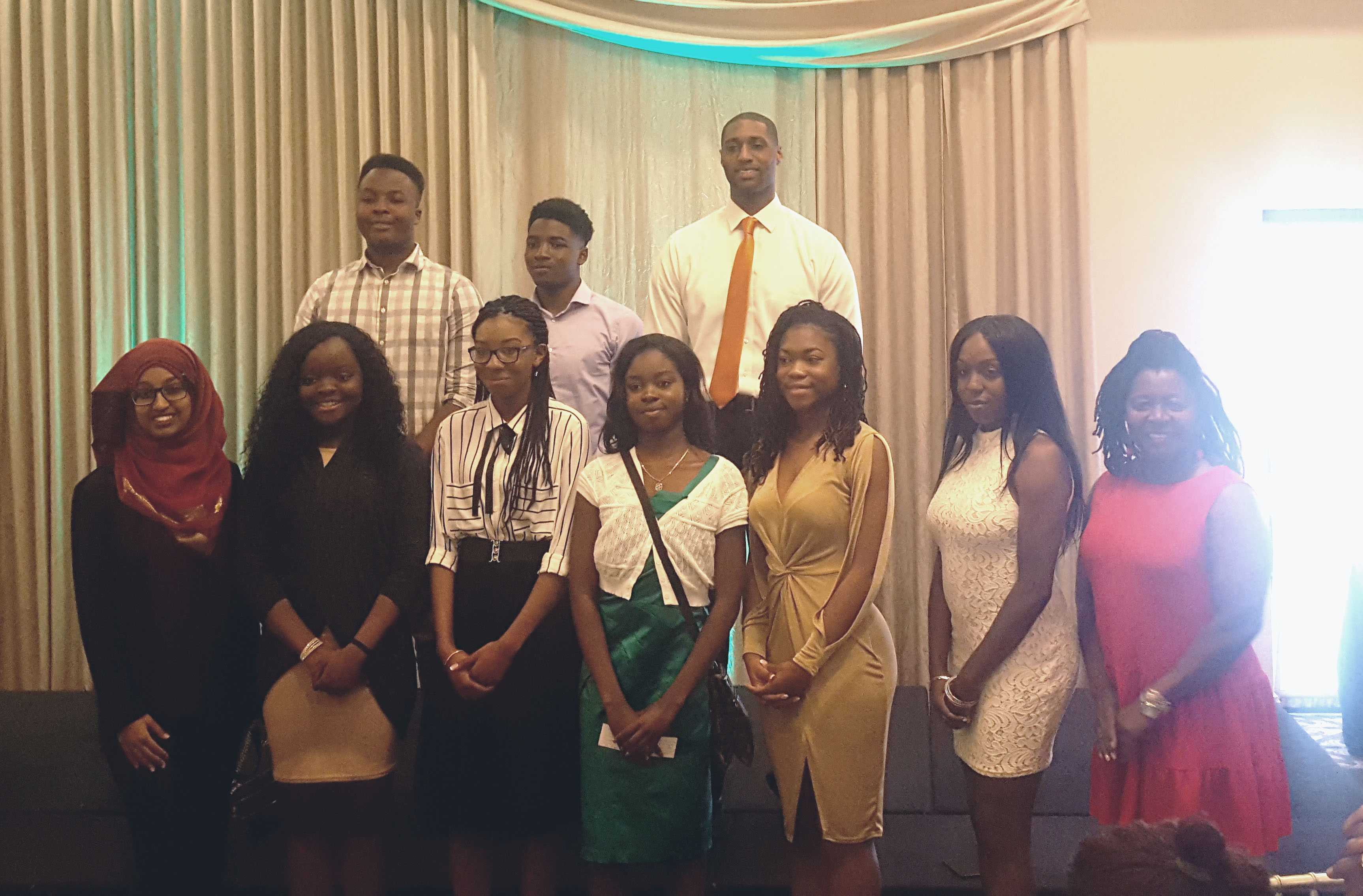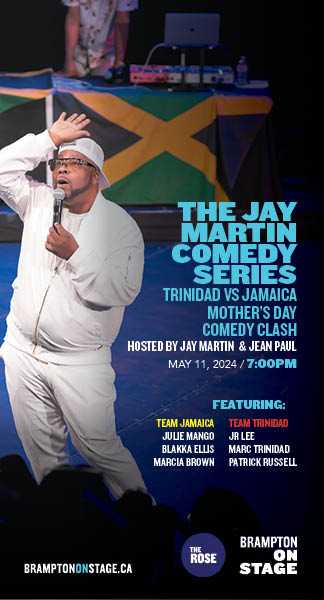BY SIMONE J. SMITH
“Alright, eggs. That’s all I need,” you say to yourself. “Ah, there we go!”
You make your way to the dairy aisle, scanning the shelves for the eggs: Cage-free. Free-range. Hormone-free. Pasture-raised. Natural. Organic.
It’s gotten more and more challenging to keep track of what all the egg cartons at the supermarket even mean. Consumers want to feel like the chickens producing their eggs have been humanely raised, and they’re willing to shell out cash to anyone who can tell them that’s the case.
There are a lot of options, and we want the chickens who lay eggs to live humane lives, but we have to understand that cheaper food might just be at the expense of something, and in this case, it is at the expense of chickens.
Here’s the thing: Some companies are simply getting better at carefully wording things on their packaging to make it seem like their chickens are living better lives. So, which labels should you look for, and which labels are just clever marketing designed to trick you into paying more for your eggs? Unfortunately, the idea of factory farms is a reality, and how you are getting your eggs is going to horrify you.
Chickens are remarkable creatures known for their egg-laying abilities, but their productive lifespan in this regard varies depending on various factors including breed, health, and environment. Generally, most laying hens will start laying eggs at around five to six months of age and will continue to do so for several years. Factory farming often involves keeping chickens in cramped, unsanitary conditions with little room to move, leading to stress, injuries, and poor welfare. Practices such as: overcrowding, selective breeding for fast growth, and the use of cages, or overcrowded indoor environments raise ethical questions about how the animals are treated.
Factory farming practices, including the heavy use of antibiotics to promote growth and prevent disease in crowded conditions, have raised concerns about the emergence of antibiotic-resistant bacteria, which can pose a threat to human health. Additionally, the crowded and unsanitary conditions in which chickens are raised can increase the risk of disease transmission among the animals, potentially leading to outbreaks that can affect both animal and human populations.
Let’s look at the lingo they are using to trick you into thinking that you are getting what you think you are getting:
“Cage-free eggs” refers to eggs that come from hens that are not kept in cages. Instead, they are typically housed in large barns, or warehouses where they are free to roam, perch, and lay their eggs in nests. Cage-free systems generally provide hens with more space and the ability to engage in natural behaviors compared to traditional cage systems.
However, it’s important to note that while cage-free systems offer some improvements in animal welfare compared to traditional cages, they do not guarantee that the hens have access to outdoor areas, or natural sunlight, nor do they address other important welfare issues such as beak trimming, or overcrowding. The specific conditions within cage-free facilities can vary widely depending on the farm and the standards they adhere to.
“Free-range eggs” come from hens that are allowed some level of access to the outdoors, as opposed to being confined solely to cages or indoor pens. The term “free-range” suggests that the hens have the ability to roam around and engage in natural behaviors like scratching and pecking. However, there are a few potential catches or considerations with free-range eggs:
- Different countries and regions have varying definitions and regulations regarding what constitutes “free-range.” Some standards may require a certain amount of outdoor access per hen, while others may be less stringent. This can lead to inconsistency in the quality of life for the hens and the nutritional content of the eggs.
- In some cases, free-range systems can still involve large numbers of hens crowded into relatively small outdoor spaces. This can lead to competition for resources and potential welfare issues among the hens.
Free-range eggs often come at a higher price point compared to conventional eggs due to the additional space and resources required to produce them. Consumers may need to weigh the perceived benefits of free-range production against the higher cost.
Now we want to present to you some options that might help some of you feel less guilty when cracking that egg at breakfast time:
Animal Welfare Approved
Animal Welfare Approved (AWA) is a certification program that sets rigorous standards for the welfare of farm animals. Established by the non-profit organization, the Animal Welfare Institute, AWA ensures that animals raised for food are treated with respect and care throughout their lives. Farms that receive the AWA certification must adhere to strict criteria regarding living conditions, space allowances, access to the outdoors, and humane handling practices. The certification not only benefits the animals but also empowers consumers to make informed choices that align with their values.
Certified Humane
Certified Humane is a rigorous animal welfare certification program that ensures animals are raised, handled, and slaughtered according to high standards of care and compassion. Administered by Humane Farm Animal Care (HFAC), Certified Humane sets criteria for housing, diet, healthcare, and handling practices on farms and facilities. Farmers and producers who meet these standards provide animals with more spacious and enriched environments, access to the outdoors, and the opportunity to engage in natural behaviors. This certification empowers consumers to make ethical choices, fostering a greater connection between consumers and the animals that provide their food.
Global Animal Partnership
Global Animal Partnership (GAP) is a non-profit organization dedicated to improving the welfare of farm animals around the world. Established in 2008, GAP works with farmers, producers, and retailers to set and implement comprehensive animal welfare standards. These standards cover a range of factors including housing, diet, healthcare, and handling practices. By partnering with stakeholders across the food industry, GAP aims to create a more humane and sustainable future for farm animals, promoting transparency and accountability throughout the supply chain.


 Community News2 weeks ago
Community News2 weeks ago
 Community News1 week ago
Community News1 week ago
 Community News2 weeks ago
Community News2 weeks ago
 Community News2 weeks ago
Community News2 weeks ago
 Community News2 weeks ago
Community News2 weeks ago
 Community News2 weeks ago
Community News2 weeks ago
 Community News2 weeks ago
Community News2 weeks ago
 Community News5 days ago
Community News5 days ago






























